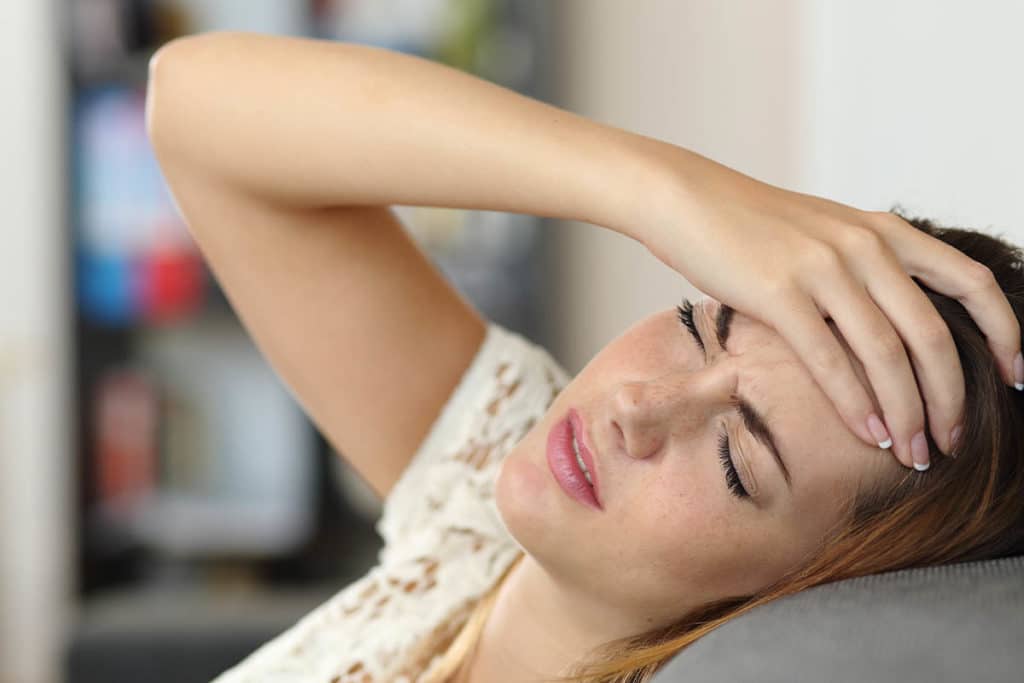Withdrawal from a substance to which you are addicted can be very challenging. When people contemplate starting drug rehab and moving their lives toward sobriety, they often experience the fear of facing the world without drugs or alcohol and going through withdrawal. There are ways to manage drug withdrawal safely before continuing in a drug rehab program in Idaho. Being empowered with knowledge of withdrawal can help you manage your drug withdrawal symptoms and move forward with your recovery.
Ashwood Recovery hopes that everyone who wants to begin recovery can do so safely and under the care of professionals. For guidance in planning your drug detox and starting addiction rehab, or to receive answers to your questions about withdrawal, recovery, and healing, reach out to Ashwood Recovery today by completing our online form or calling us at 888.341.3607.
What Is Drug Withdrawal?
When someone is addicted to a substance such as alcohol, recreational drugs, or prescription medications, the cessation of that substance triggers the dependent body’s withdrawal. Symptoms usually begin within hours.
People often ask, “Is drug withdrawal safe?” Withdrawal can happen safely; however, the mental and physical effects of stopping using can be challenging, disorienting, unpleasant, and in some cases, dangerous. Never attempt withdrawal on your own without first consulting your doctor or an addiction specialist who has medical training.
Drug Withdrawal Symptoms
Signs of drug withdrawal occur within six to 10 hours of stopping the addictive substance. Symptoms vary depending on the drug, the length of time someone has been addicted, whether more than one substance is involved, and the person’s underlying mental and physical health status.
Common signs of drug withdrawal include:
- Fever
- Chills
- Muscle spasms and cramping
- Profuse sweating
- Dehydration
- Stomach pain
- Nausea and vomiting
- Hypertension
- Mood swings
- Agitation, depression, and anxiety
- Confusion, brain fog, and an inability to concentrate
- Exhaustion
- Sleep disturbance
- Intense cravings
Once the physical effects are behind you, the emotional and psychological withdrawal continues, with a likelihood of depression and dysphoria.
Is Drug Withdrawal Safe?
There is an increased risk of self-harm during withdrawal, and relapse is frequent as a quick resolution of painful symptoms.
Some of the more severe symptoms of withdrawal may include:
- Psychosis
- Hallucinations
- Paranoia
- Suicidal ideation
Alcohol withdrawal can also involve seizures, tremors, and tachycardia. These are elements of delirium tremens, a severe side effect of alcohol withdrawal experienced by about five percent of people with alcohol addiction.
What to Expect During Drug Withdrawal
Your withdrawal from drugs or alcohol is a process, not an event. With proper support, you can expect the timeline of your withdrawal to look something like this:
Between six and 24 hours after cessation of the drug or alcohol, the first symptoms appear. As toxins leave you, your body’s systems react through diarrhea, headaches, and muscle pain while your ability to concentrate wanes and you feel intense cravings.
Symptoms usually peak between one and three days. In addition to the early signs, you may experience more stomach problems, mood swings, agitation, and exhaustion. If you are going to experience hallucinations or paranoia, this is the time when they may appear. You will feel physically ill and mentally fragile during this period.
Four days to one week after withdrawal begins, you will notice physical signs waning. The most acute stage is typically over by the first week. Psychological withdrawal often continues for weeks or even months.
Once you are free of any lingering drugs or alcohol, you are ready to begin addiction treatment in a rehab center.
Drug and Alcohol Addiction Treatment at Ashwood Recovery
Once your withdrawal is behind you, you can begin the next phase in your recovery. In an outpatient, intensive, or partial hospitalization program at Ashwood Recovery, you can receive compassionate care, evidence-based therapies, and professional guidance throughout your entire rehab experience.
Find out how Ashwood Recovery can help. Call us today at 888.341.3607 or connect by our online form.

